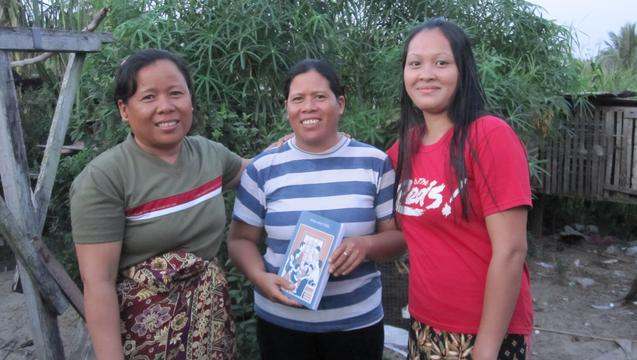
Eliza traveled all over the Territory, that is now Utah, to teach the Bishops and organize the women into Relief Societies. Before she set out, she wrote an article for the Deseret News, on April 22, 1868, laying out the responsibilities and privileges of the Relief Society. The article contains some interesting points I find compelling:
“What is the object of the Female Relief Society? I would reply to do good, to bring into requisition every capacity we possess for doing good, not only in relieving the poor but in saving souls. United effort will accomplish incalculably more than can be accomplished by the most effective individual energies. As its name indicates, the first grand object of the Society is to seek out and relieve the wants of the poor (emphasis is original to the article). President (Joseph) Smith, in giving instruction to the Society in Nauvoo, said that the sisters could much better look into, and understand the circumstances of destitute families, than the brethren; and as they were more sympathetic in their natures, they could better enter into the feelings of the afflicted, and administer aid and consolation.”
Our Power Comes from the Priesthood
It is very important for each one of us to understand that “we were told by our martyred prophet, that the same organization existed in the church anciently.” Eliza also said, “This is an organization that cannot exist without the priesthood, from the fact that it derives all its authority and influence from that source. When the Priesthood was taken from the earth, this institution as well as every other appendage to the true order of the Church of Jesus Christ on the earth, became extinct.” All was restored to the earth by and through Joseph Smith.
Eliza used the Minutes from the Relief Society of Nauvoo to organize the women and teach them how to conduct themselves. At first, there were many questions requiring clarification. Sometimes her letters in response were published, so all could benefit. At one time, she felt the need to state clearly, that “no society can overstep the counsel of its Bishop, his word is law, to which, all its doings are amenable.” Yet, Eliza encouraged the women to act upon their own inspiration. In answering a question in regard to the necessity of having the Brethren present at their meetings, she answered in capital letters. “NO. The object of the Society is to RELIEVE THE BRETHREN.”
Because Relief Society receives power from the priesthood, it has power by using the priesthood. Bishops need women who can make hard decisions on their own, not to take over power from the bishop, but to relieve him of the petty nuisances of small issues that come up.
Making a Difference
How important is it to keep a record of our doings? Eliza couldn’t have gotten the Relief Society back on its feet without the help of The Minute Book. And as she counseled the leadership of each Relief Society she stated, “It is a great ornament to the Society to have a secretary who will keep the history, and record the minutes in a neat and orderly manner.” If a Relief Society is doing a valuable, life-changing activity, then it is imperative that Minutes be kept.
Are your Relief Societies doing anything worth recording? Our early sisters literally changed their environment, the comfort, and safety of their neighbors, and were in constant motion to make things better. Is that what we should be doing today?
Ministering
We’ve discussed the importance of Visiting Teaching in past posts. One of the things that make us different from any other religion is the fact that we visit one another, we check up on one another’s well being, we watch over one another. Eliza says,
“It is customary to appoint two teachers or visiting committee to each ward or district. This is a very important calling and needs Sisters of wisdom and experience but we have to work with such tools as we can get. If you can place one Sister who is young, with one who is ‘experienced’ and filled with the Spirit of God, so as to lead the young into the Spirit of it, it will do well. They are not only to go around to solicit donations (the Relief Society collected membership dues at one time)—but they are to understand the circumstances of all both spiritually and temporally—to speak words of comfort—to warm the cold-hearted—to counsel, etc., I think once a month often enough for them to visit.”
If Relief Society just focused on Visiting Teaching or Ministering, and nothing else, it would be fulfilling its responsibility of caring for the poor and needy, which is all of us.